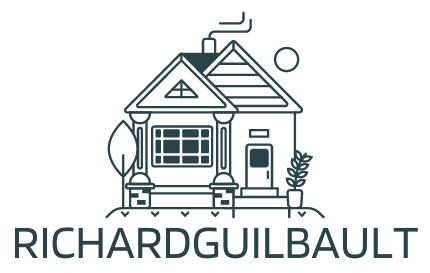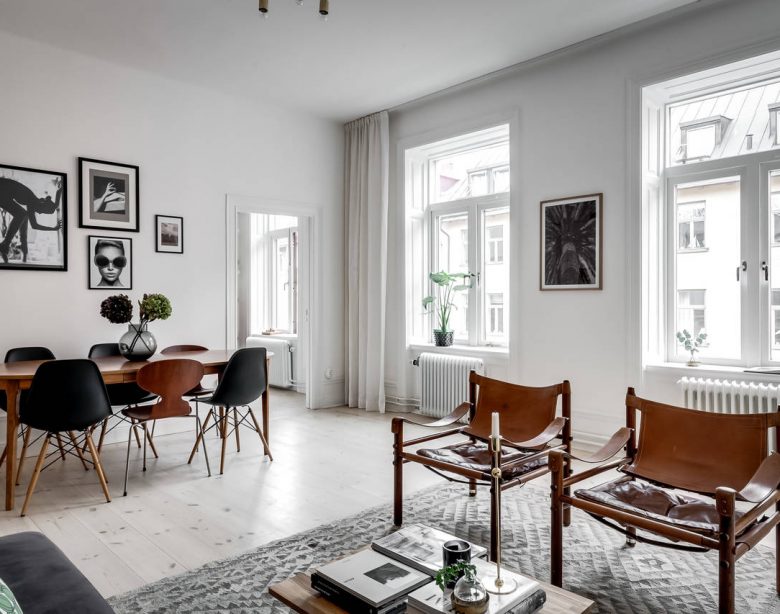While looking for an apartment, the term rental deposit comes across frequently. It usually says “three months’ rent”. But precisely what is rental deposit insurance? Just how much is it? So how exactly does that go? We will now clarify these and many other questions.
Additional liquidity when moving, a manageable premium and flexible cancellation anytime – they are the features of the rental deposit provided by insurance companies for tenants in Switzerland. Anyone who opts for rental deposit insurance can dispose of their money freely against payment of any annual fee and the money saved can be utilized for other expenses or even to cover the costs of the move such as new furniture, transport or cleaning costs.
If you are “in short supply of cash” when moving, you have a simple financial product with rental deposit insurance, which is cheaper when compared to a conventional loan. Rather than the cash deposit, a cheaper total annual cost (usually 5% of the deposit amount) arrives. Property companies appreciate the uncomplicated management of the guarantee documents. Low costs and easy handling make them an interesting option to the traditional rental deposit account of the banks.
Rental deposit benefits
Any money saved on the cash deposit remains at your disposal
More financial leeway when moving
Conservation of savings
No double burden (old deposit not yet paid, new one already due)
Avoid expensive and inflexible loans
Could be used as bridging financing (insurance can be replaced later with a bank deposit)
Rather than paying the tenant deposit, tenants pay a tiny total annual contribution to the insurance company and in exchange get a guarantee certificate that guarantees the total amount agreed with the landlord (max. Three gross monthly rent for rented apartments). With the principle of the guarantee, the rental deposit company guarantees the tenants and will pay for any claims at the end of the rental agreement. This saves tenants having to improve the deposit off their own funds. Visit this website to get more insight, mietkaution schweiz
Vital that you know: If damage is available to the rental property when moving out or if the tenant account shows outstanding rent that is to be offset contrary to the rental deposit, the rental deposit insurance pays the required total the landlord. The tenant then owes the rental deposit company – within the recourse procedure – the total amount paid. Which means that this isn’t the classic insurance coverage much like other private insurances?
Renting a house in Switzerland: Swiss rental market
Quiet hours
Perhaps a uniquely Swiss institution, quiet hours are usually between 10.00pm and 6.00am, noon to at least one 1.00pm, and all day long Sundays. Of these times, tenants must not make undue noise which might disturb their neighbors. Within a detached property, this consists of mowing the lawn and using power tools, while within an apartment it might include playing music or talking loudly. Stories that say men are legally required to pee sitting down and nobody is permitted to shower during quiet hours are myths.
Pets
It’s worth noting that Swiss landlords don’t need to allow pets and many don’t. So if you’re thinking about acquiring a pet, wait until you’ve found a home and then request permission. In general, landlords often allow smaller animals (e.g., birds, fish).
Tenant’s rights
Hopefully, you’ll have a charming landlord no problems. If you do have any troubles, however, Switzerland has strong tenant’s rights and you ought to immediately discuss your problems with the neighborhood branch of the Swiss government housing arbitration agency (French/German/Italian only). This might seem to be daunting if you’re new to the United States – if you’re doing work for a large organization, contact your recruiting department for assistance first. Many HR teams often help with expat troubles and can point you in the right direction.
Rent increases
In Switzerland, the landlord must make the official application to improve the rent of a preexisting tenant. Typically the justification will be that the bottom mortgage interest has increased. The tenant has 30 days to appeal. Appeals must be in writing and delivered to the government arbitration agency.
Conversely, the tenant can connect with the same agency for a decrease in rent, for example if the state base mortgage interest rate decreases. Monitor the bottom mortgage interest (French/German/Italian only, but just look for the percentage in the heart of the page) or you can contact the Swiss government housing arbitration agency (French/German/Italian only).



